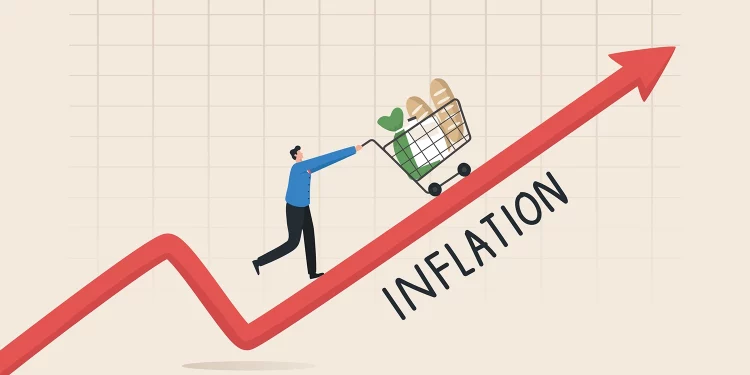The war in Ukraine has been a crisis that has caused global economic damage and reduced economic growth. The increased food and fuel prices have been a major impact of this crisis on many global economies. This happened when economies were still recovering from the Covid-19 pandemic induced inflation, in addition to other economic-specific causes.
Despite the central bank’s endeavours to contain inflation, it is not under control yet. This can be attributed to several factors.
There is a trade-off in the policy measures employed by the central banks, like increased interest rates to discourage borrowing coupled with government fiscal policies like reduced government expenditures, in that, they may have negative effects on the economy, leading to minimal economic activity hence low economic growth, or even a recession in extremes cases. Therefore, there is a limit to how much these institutions can employ these tools.
Restoring price stability is not a short-term goal. Consumers respond to an anticipated hike in prices by demanding more at the moment, which further tightens inflationary pressures. In the same way, employees will demand higher wages to cushion them from inflation rates, which in turn keep prices high.
Additionally, the policies employed by the government to curb inflation take time to materialize into reduced inflation. It may take time before the market starts responding to these measures.
On country-specific causes of inflation, it may be hard to attribute the root cause of inflation to a specific cause, making it more complicated to choose the best policy measures to contain inflation.















